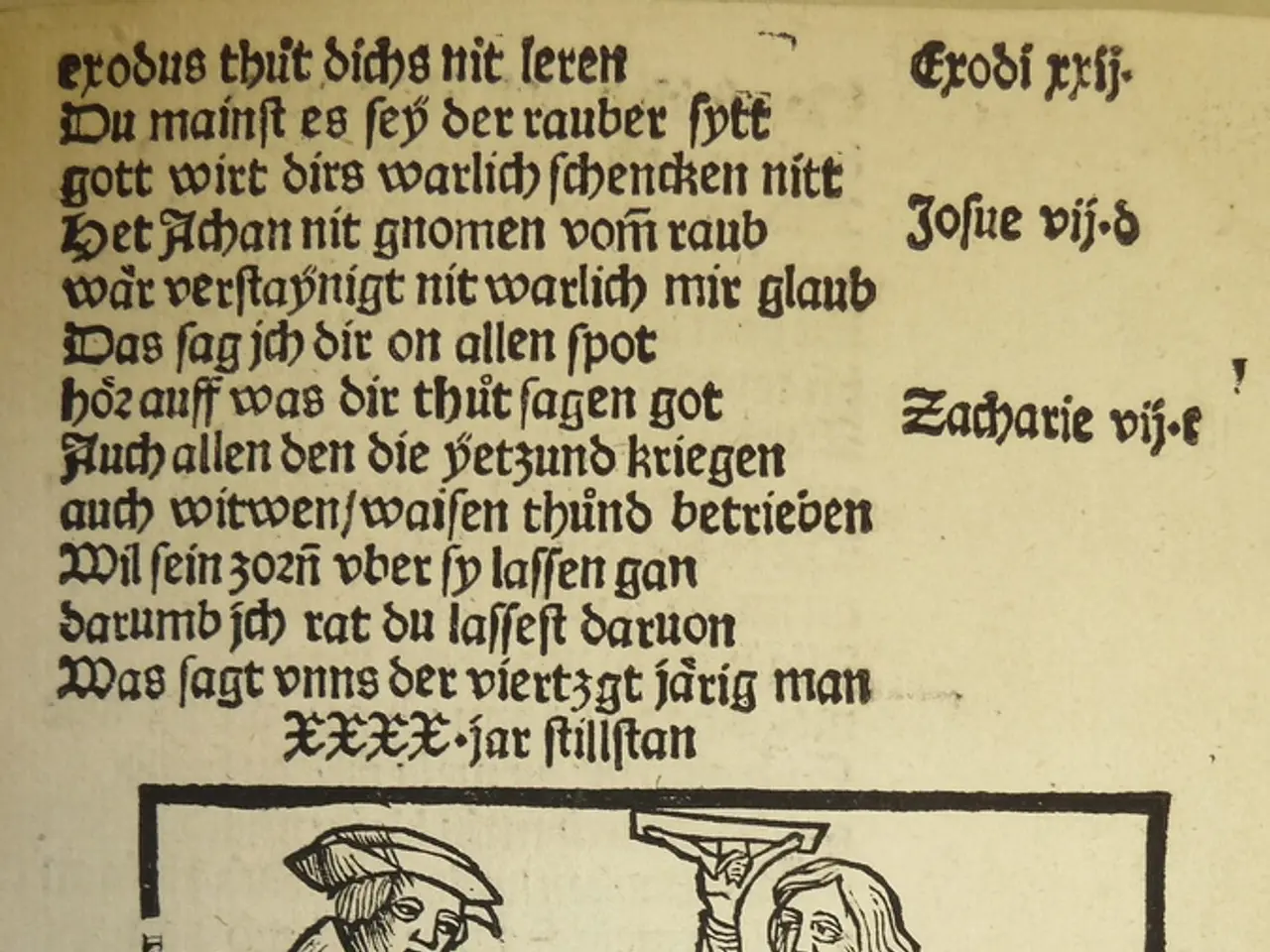Traveling Abroad: Carry an Organ Donation Card Translated in the Local Language
In the vast and diverse landscape of Europe, organ donation policies vary significantly from one country to another. This is because each European nation has its own legal framework and practices governing organ donation. However, there are some general points to consider when traveling within Europe and wishing to ensure your organ donation decision is respected.
Organ donation after death is a well-established practice in Europe, covering up to 50% of organ transplant needs. Some countries operate under presumed consent (opt-out systems), while others require explicit consent (opt-in). For example, Ireland recently adopted presumed consent under the Human Tissue Act 2024.
It's essential to note that organ allocation and acceptance decisions are highly clinical and contextual. In the UK, for instance, algorithms rank suitable patients for each available organ, and transplant clinicians make final decisions based on clinical appropriateness rather than solely on donor consent cards.
Travelers carrying an organ donation card in a local language may face challenges. Recognition and legal acceptance depend on national laws and healthcare protocols. There is currently no evidence of a harmonized recognition of foreign-language organ donation cards across Europe.
To help facilitate quicker decisions, BIOG offers free templates for organ donation cards in 29 languages. Once filled out and signed, the card becomes valid. The use of local language in the card ensures quick understanding of your organ donation decisions, thereby helping to avoid time-wasting during organ donation decision-making, a situation that Rabea Ottenhues from BIOG emphasises is undesirable.
In summary, carrying a local language organ donation card as a traveler does not automatically confer organ donor status or recognition in another European country. When traveling, the local organ donation laws and systems of the destination country apply, and healthcare providers rely on their national frameworks and clinical evaluations. Travelers interested in ensuring their wishes are respected should familiarise themselves with the organ donation laws of their destination and may need to register or carry documentation recognised locally.
By taking this simple step, travelers can help ensure their organ donation wishes are respected, even when they are far from home.
- Understanding local health-and-wellness protocols, particularly organ donation policies, is crucial for travelers in Europe, as there is no universal recognition of foreign-language organ donation cards.
- The science of organ transplantation is deeply intertwined with lifestyle choices, including travel, as each European destination may have distinct organ donation laws and practices that travelers should be aware of.




